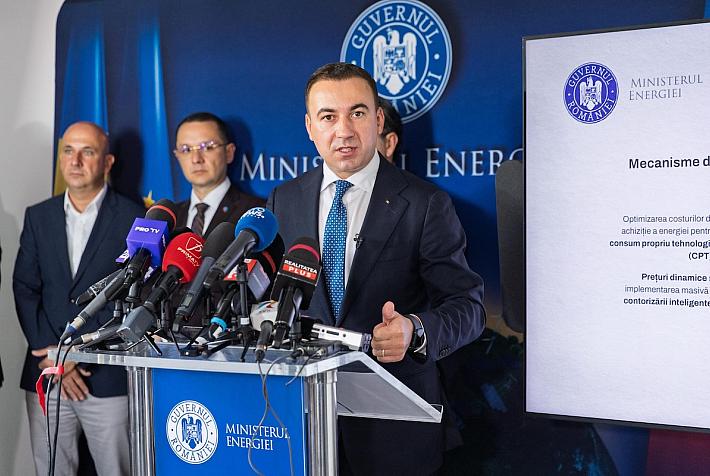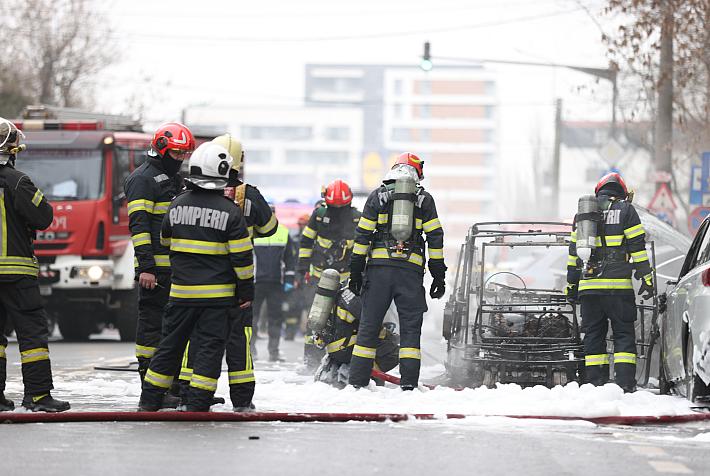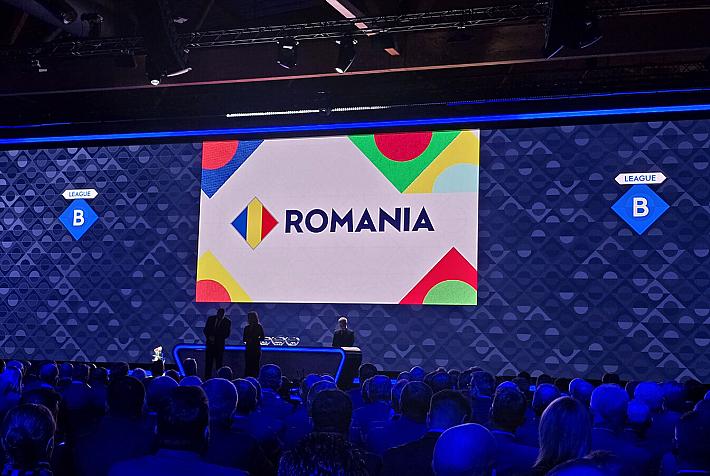Opinion: When work life gets....well, complicated

Columnist Eleonore af Schaumburg-Lippe writes in her weekly column about life as an expat in Romania. This week she writes about the unexpected struggles at work after a change in local laws.
I don’t usually write about my work in this column, but as my aim is to help expats in Romania and others interested in life as an expat in this emerging market, I decided to make an exception and write about a situation about which I feel obliged to share my view. Sadly, situations such as this can be part of everyday work life as an expat in Romania and represents, most probably; the very worst Romania has to offer.
In this situation, a law or an emergency ordinance can affect many people in the communications industry, the domain in which I work. The consequences are significant and it is distracting me from my usual happy, Christmas thoughts. This particular piece of legislation, which was approved via an emergency bill, without any public consultation, now has the potential to disrupt the advertising industry in Romania as we know it. And ruin my Christmas in the meantime...
Before I begin, allow me to first give an overview of what I am doing here in Romania, which will provide you the prelude of the core of the story. I work for the Romanian Advertising Association (UAPR), and together with the UAPR board, I am responsible for organizing creative festivals, bringing experts from the UK and West Europe to train Romanian advertising industry employees, promote new regulations from the EU and contribute to create fair play and transparency in the industry by introducing best practices and self-regulation. The association has 38 members hailing from the most important advertising and media groups in Romania.
Sadly, two weeks ago, during the weekend, a law (emergency ordinance) was, allegedly, secretly written and placed on the desk of the government. This emergency ordinance or law was not on the agenda of the government meeting, and, according to the media, was placed on the agenda prior to the opening of the discussion. The ordinance was not shared nor discussed with any relevant government bodies nor with the industry stakeholders before being approved. Romania-Insider.com wrote about this ordinance here. To the extent of the impact of this law, I find it unfair, arbitrary, undemocratic and obviously serving minority interests.
Among other things, the new law states that TV ads placement will now be handled between TV stations and the clients directly, without media agencies that are responsible for planning and strategy. With this little piece of legislation, the media industry stands to lose: agencies will stop providing an objective opinion on behalf of their clients, TV stations will increase their rates, transparency in the market will be reduced and clients will look at other forms of media to communicate - agencies will lose 30 percent of their income, which they mainly get from the placement of TV ads. With TV accounting for the lion's share of Romanian advertising, why would this law make any sense? Taking a cue from the market, the clients are against it, the agencies are against it, the Competition Council is against it, the Audiovisual Council CNA is against it and the law contravenes EU competition law, Romanian law and the Constitution.
There is a well-functioning triangle in the advertising industry in Romania, and this is the structure that is practiced across Europe today. The advertising agency makes the ad, the media agency places the ad, and the client (a company) works together with the two agencies. Some could ask: why is it so complicated to place an ad on a TV channel? But there is more to it. Media agencies can negotiate on behalf of many clients and therefore obtain better prices than the individual clients would get on their own.
The way this little ordinance has been placed on the table can of course be questioned: why was it not announced on the agenda in the first place? The timing and lack of transparency can also be questioned.
Plus, it should be asked: what are the normal legal procedures according to Romanian and EU laws? What can justify a government avoiding the normal procedure of this process, where the competition council and other public institutions should have been asked for advice before the law was placed on that desk? Questions that many are asking now, but unfortunately, the deed has been done.
As a consequence, the whole media industry in Romania is facing a dilemma. We are in 2012, an EU country, where surely such things should not be possible. The question raised is whether organic law is subject to modification to satisfy some people's interest for commercial gain? Who knows? Romanian media and commentators suggest that the person who put the law on the desk is the same owner of a major TV station in the country, which could explain a lot.
Why this subject could be important for you as a fellow expat? Well, if you work for a company that has a marketing department, then welcome to a whole new structure. If you work for a media agency, well, sadly
welcome to a 2013 that will be tough, to say the least. For those who believe that this cannot happen to me, think again. The precedent of this example raise significant worries. When a government is capable of changing organic law, contravening EU legislation and circumventing it's own check and balances to satisfy the whims of political allies, it will raise more than an eyebrow.
Instead of sounding wholly pessimistic, I would like to add that we remain confident that the Romanian government, an EU member State, a NATO member and a country struggling to raise its international standards will come around and see things right. Political alliance come and go, real politics always prevails. Romania has a chance to prove their detractors wrong and show both the business community and EU allies that they will uphold democratic principles and EU rules. Action speak louder than words. I am sure that they would agree.
By Eleonore af Schaumburg-Lippe, columnist Eleonore is Danish, she holds a BA in Organization and Management and specializes in Corporate Communication & Strategic Development. She is also a Market Economist and a Multimedia Designer. She is currently working in Bucharest as the Executive Director of UAPR the Romanian Advertising Association. As a Danish Viking in Romania, with a great passion for ’covrigi’, she has a burning desire to find out more about Romania especially Bucharest, and enlighten the small differences in the culture between Denmark and Romania. Her weekly columns will give you insights into an expats life in Bucharest written with humor and a big Danish smile.












